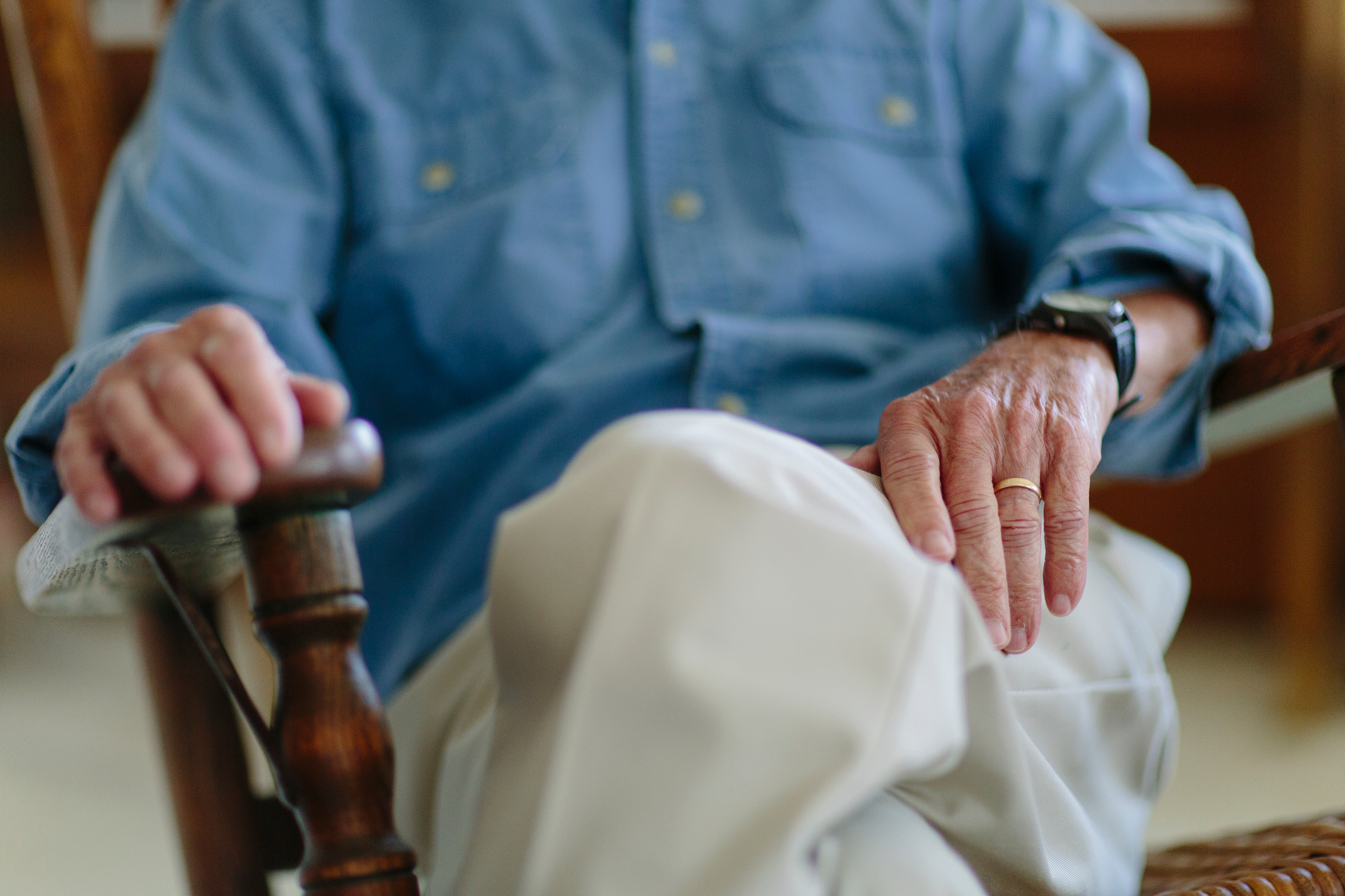While the role of a caregiver is one of compassion, sacrifice, and dedication, the demands of caregiving can take a toll on one’s physical, emotional, and mental well-being, leading to a state commonly known as caregiver burnout. Understanding the signs and symptoms of caregiver burnout is crucial in addressing this challenging and often overlooked aspect of caregiving.
What is Caregiver Burnout?
Caregiver burnout is a state of physical, emotional, and mental exhaustion resulting from the prolonged and intense demands of caregiving. It can build gradually, and caregivers might not immediately recognize the signs until they become overwhelmed by them.
Signs and Symptoms of Caregiver Burnout:
1. Physical Exhaustion:
- Persistent fatigue and lack of energy, despite adequate rest.
- Frequent headaches, body aches, or changes in sleeping patterns.
2. Emotional Distress:
- Feelings of helplessness, hopelessness, or persistent sadness.
- Increased irritability, mood swings, or a sense of detachment.
3. Cognitive Challenges:
- Difficulty concentrating, making decisions, or maintaining focus.
- Memory lapses or forgetfulness more frequent than usual.
4. Withdrawal and Isolation:
- Pulling away from social activities or previously enjoyed hobbies.
- A sense of isolation or feeling disconnected from others.
5. Increased Stress and Anxiety:
- Heightened levels of stress, worry, or anxiety that persist over time.
- Panic attacks or a sense of being constantly overwhelmed.
6. Neglecting Personal Care:
- Disregarding personal hygiene, nutrition, or medical needs.
- Neglecting one’s own health due to prioritizing the needs of the care recipient.
7. Loss of Interest or Motivation:
- Losing interest in activities that used to bring joy or fulfillment.
- Feeling emotionally detached from the caregiving role or the care recipient.
Addressing Caregiver Burnout:
Recognizing the signs of caregiver burnout is the first step toward addressing it. Caregivers must prioritize their own well-being to continue providing compassionate care effectively.
Seek Support:
- Reach out to friends, family, or support groups for emotional support and understanding.
- Consider professional counseling or therapy to navigate through emotional challenges.
Take Breaks and Practice Self-Care:
- Schedule regular breaks and time for personal activities or relaxation.
- Engage in self-care practices such as exercise, mindfulness, or hobbies that bring joy.
Set Realistic Expectations:
- Accept that it’s okay to ask for help and set boundaries on what you can reasonably manage.
- Delegate tasks and accept support from others without feeling guilty.
A Final Note:
It is essential to remember that caregivers need care too. Recognizing the signs of caregiver burnout and taking proactive steps to address it is critical in ensuring the well-being of both the caregiver and the care recipient.
By prioritizing self-care and seeking support, caregivers can navigate through the challenges of caregiving with resilience and compassion, ensuring they continue to provide the best care possible – for themselves and others.
For more information on how to take care of yourself as a caregiver, please see the blog post: “Nurturing the Caregiver Within: A Guide to Self-Care and Self-Compassion”


